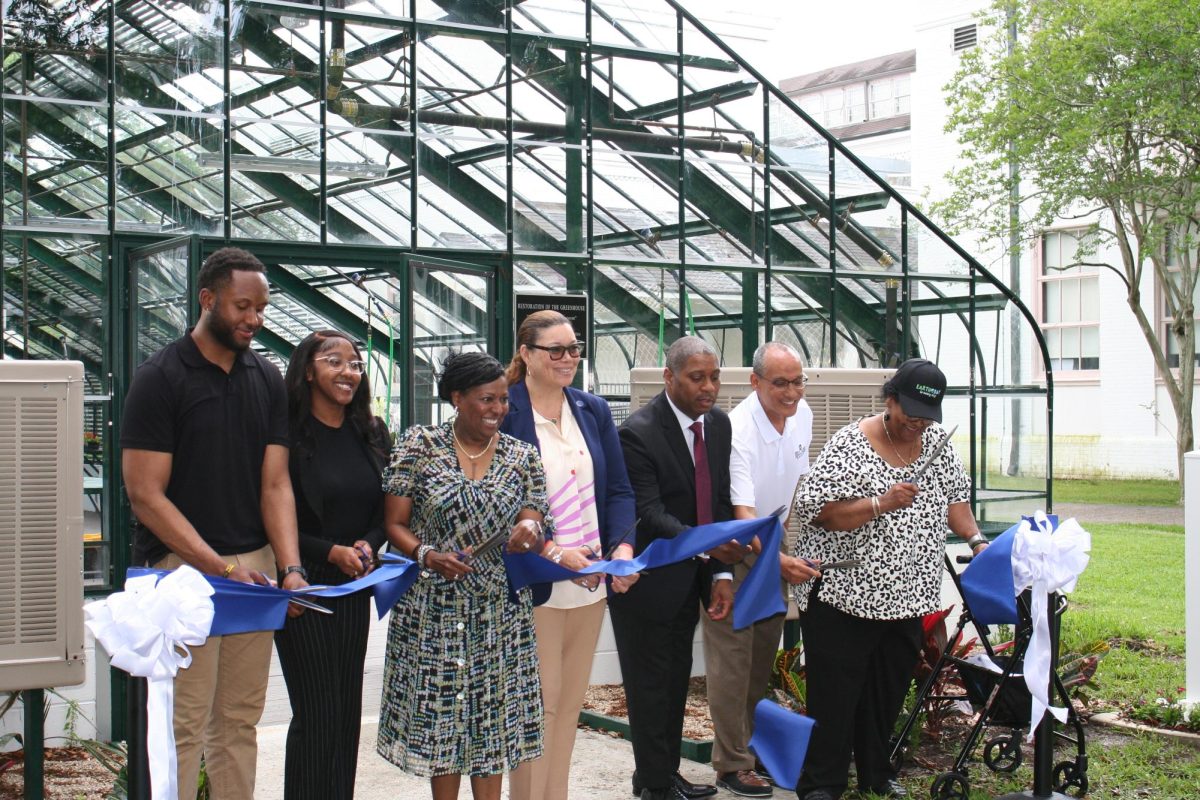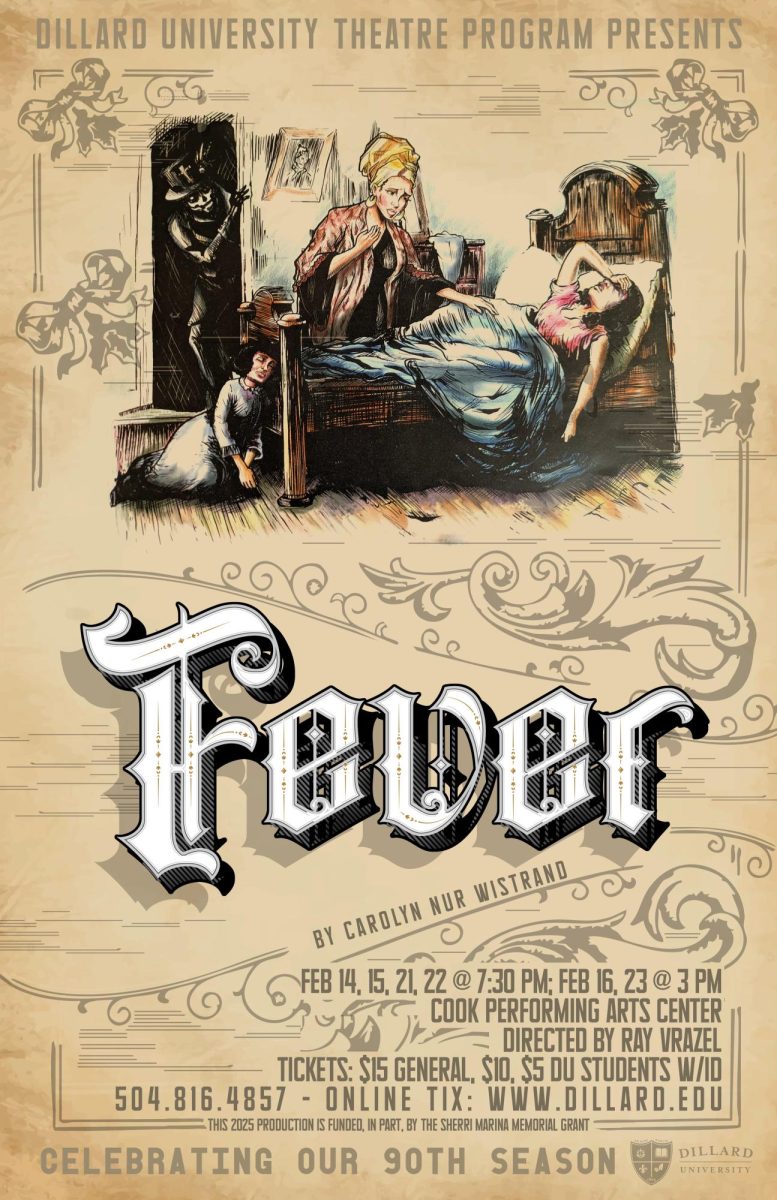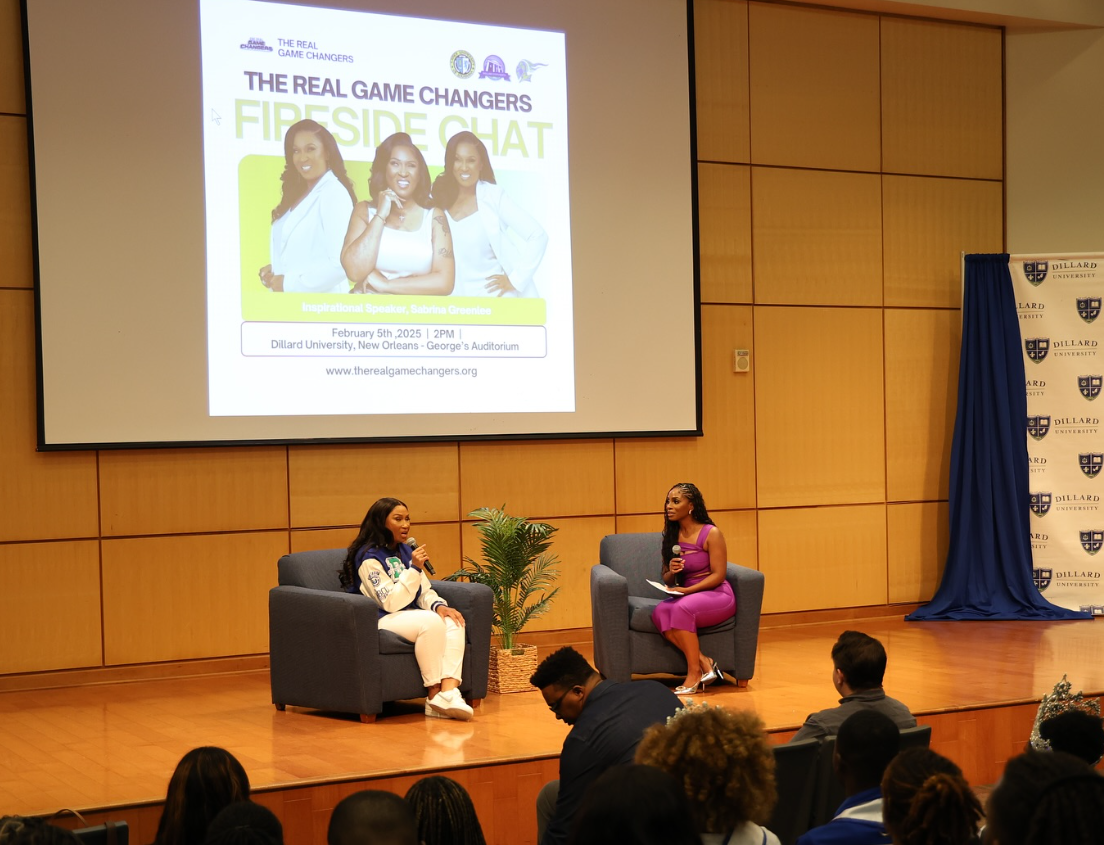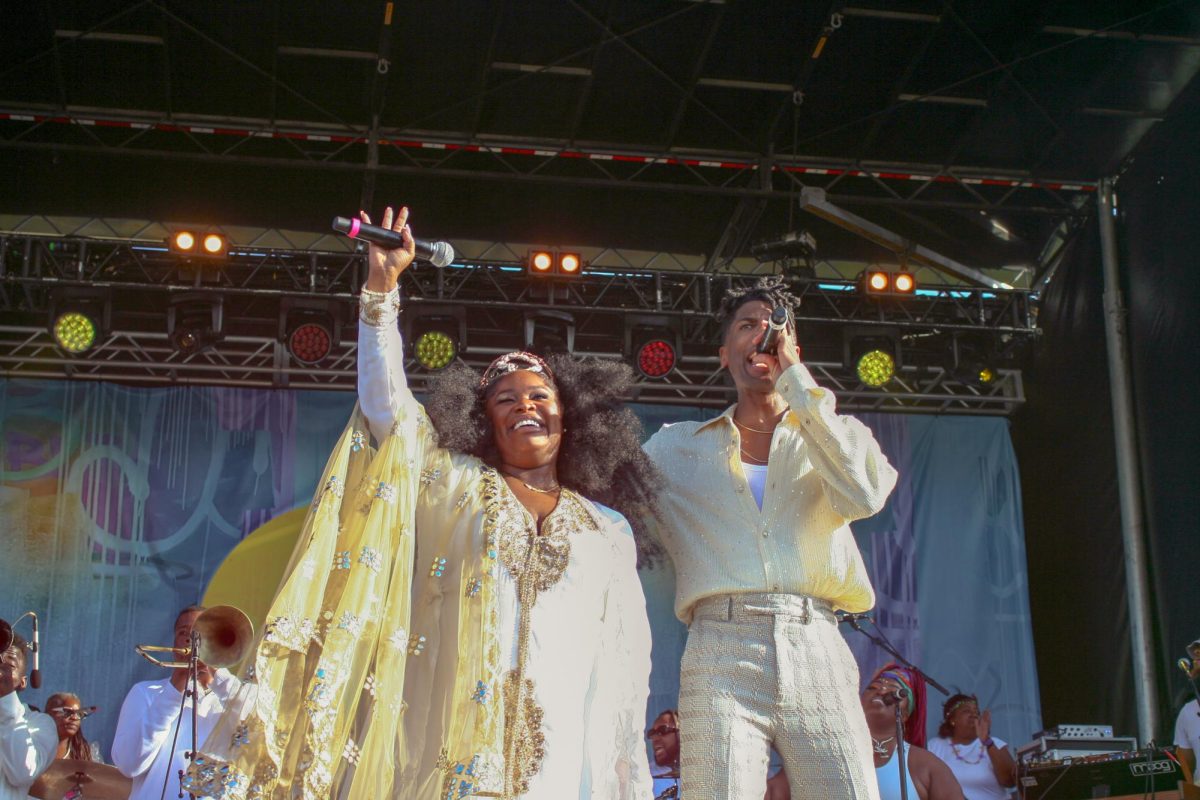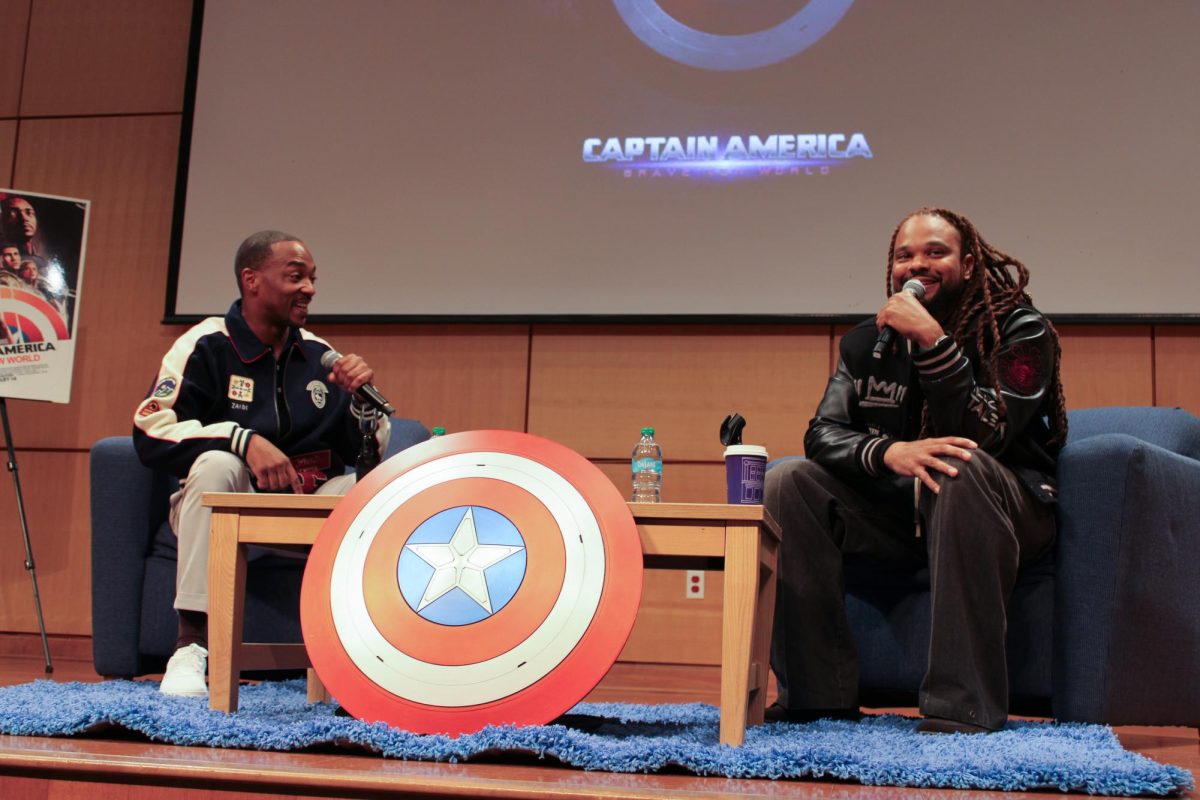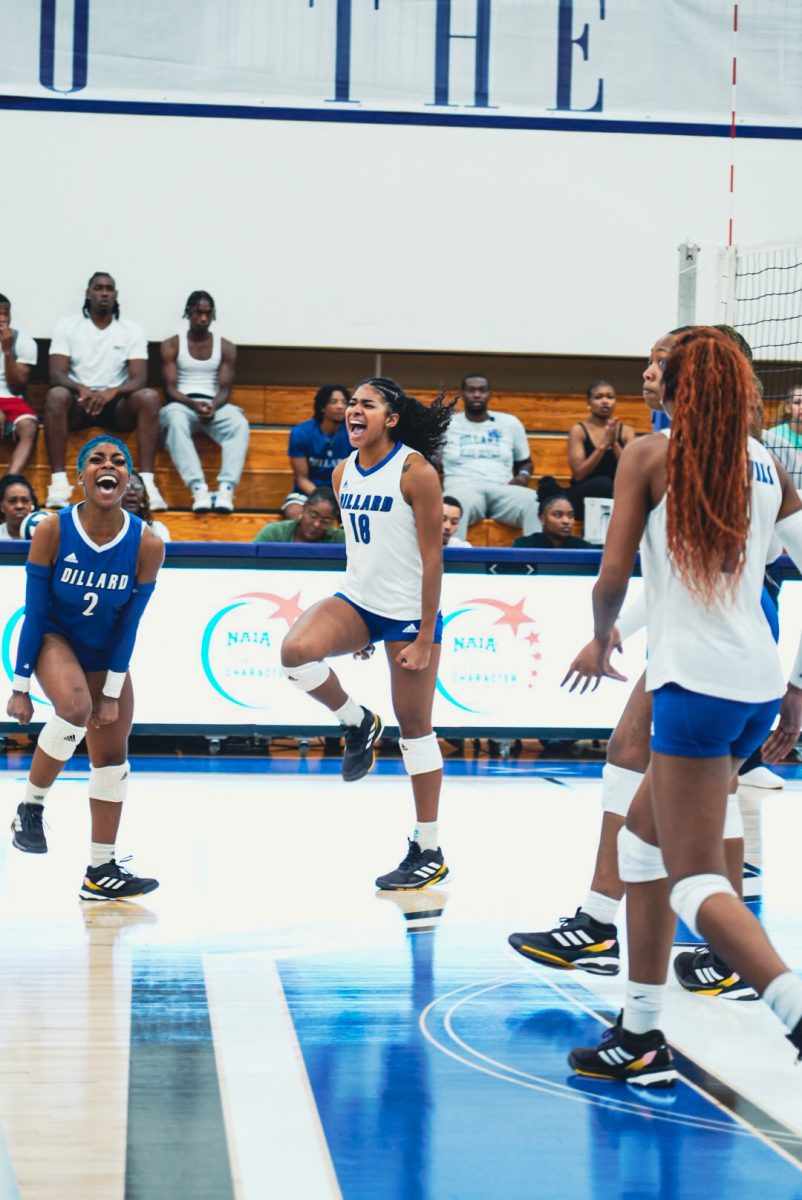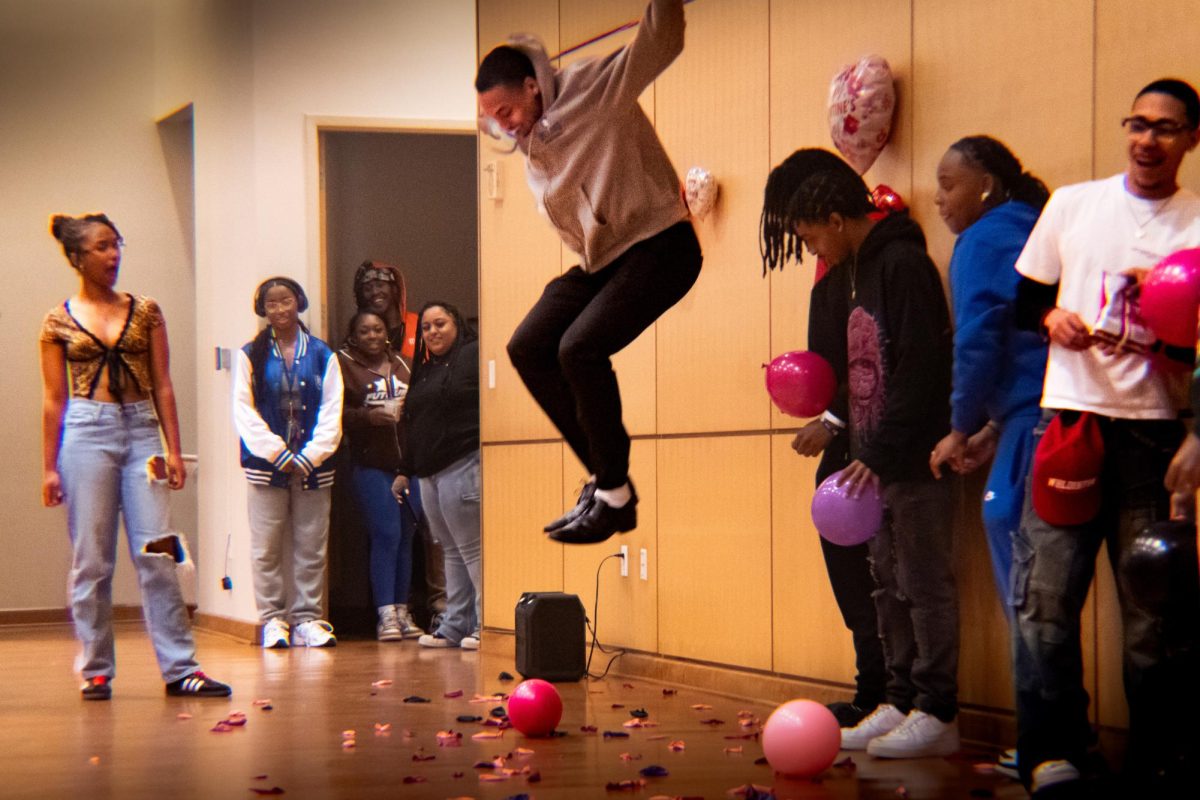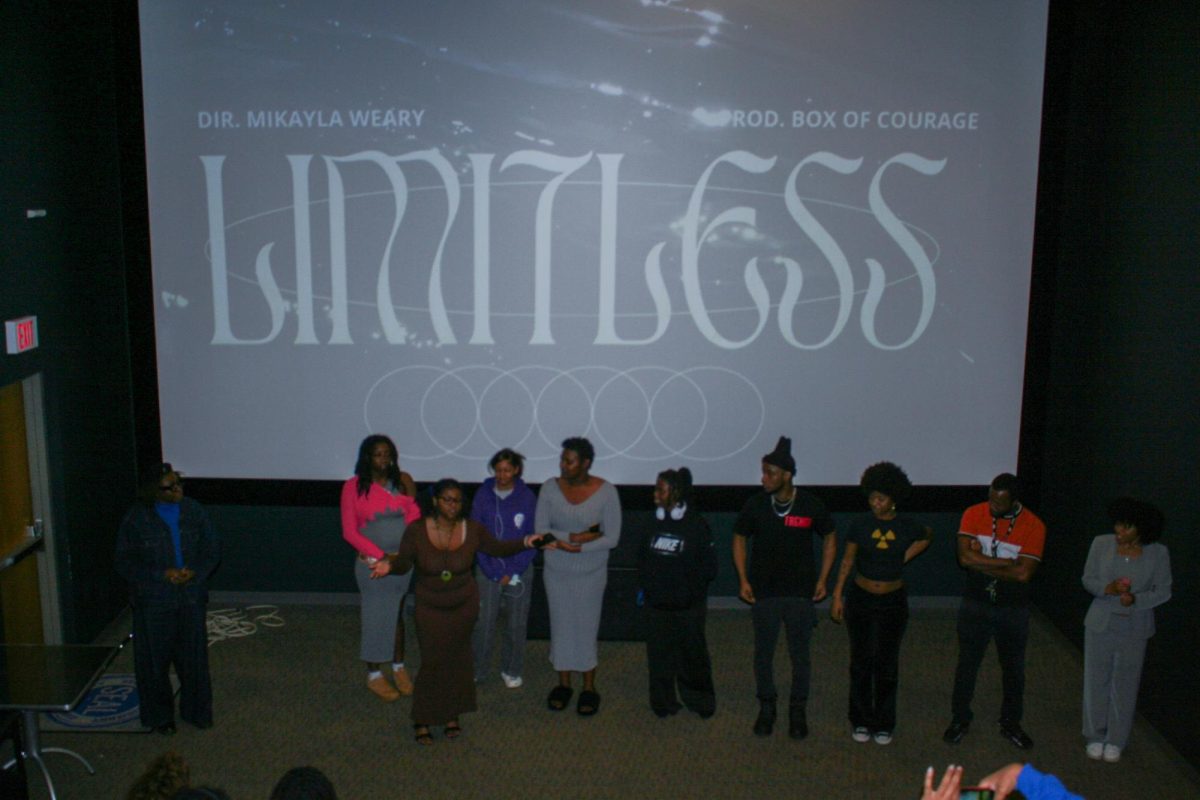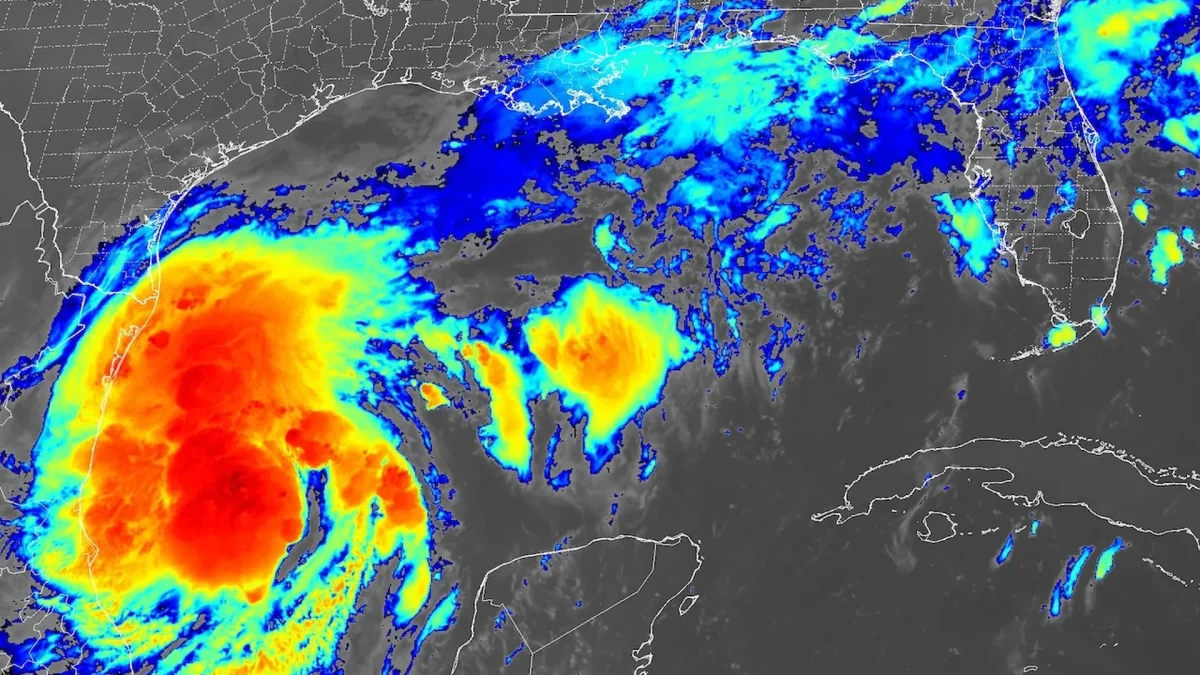In the midst of the historical turmoil presented by Hurricane Katrina, Dillard students lay witness to one of the most captivating political elections in United States history.
“I was shocked”, said Brandy Hardy a Senior Psychology major, about the vast number of New Orleanians who traveled across the country to vote in the highly controversial city elections. The many Dillard students who have been active during this electoral season has also been a surprise.
Hardy, a Co-Founder of the student activist group S.T.A.N.D. was astonished by the amount of student support. “The overall student involvement was amazing, myself and a lot of other Dillard students worked the campaigns all day long on Saturday.”
Just like the rest of the country, students such as Hardy have become emotionally invested in this highly competitive mayoral race.
New Orleans’ African-American Mayor, Ray Nagin, stunned many political analysts by garnering 39 percent of the popular vote for the city’s current Mayoral race.
His chief competitor, Mitch Landrieu, Louisiana’s current Lieutenant Governor finished second with 28 percent. His father, the popular Moon Landrieu, was the last Caucasian mayor of the city, serving in the late seventies. Since none of the unprecedented 24 candidates succeeded in gaining 50 percent of the total vote, there will be a runoff election on May 20between the top candidates Nagin and Landrieu.
Nagin received 30,260 of the 108,000 total votes with a majority black voting base. A clear favorite before Hurricane Katrina, Nagin has faced much national criticism for comments he made regarding lack of Federal response and city demographics after the storm.
Race has been the dominate topic when discussing this election. “Landrieu is dangerous to Nagin because he has shown the ability to crossover to black voters,” said Ronnell Perry, sophomore International Business major and SGA Vice President elect.
Dr. Jerry Ward, a distinguished professor of English and African-African World Studies at Dillard University, stated that, “Race and class will have an overwhelming importance in the runoff. With upper and middle class African American voters along with Caucasian voters comprising one base while working class blacks comprising the other.”
Ward further predicts a low percentage of Caucasian voters will support Nagin in the runoff; moreover, Ward expressed that if Nagin was able to carry all the black voters he would have won the primary election by a landslide.
Nagin’s problems were compounded on Monday when third-place finisher Ron Forman, who won 18 percent of the overall vote, declared his endorsement for Landrieu in the runoff.
In order to compensate for Landrieu’s expected upsurge, Nagin should try to widen the pool of black voters, who were disproportionately forced to relocate after Katrina and whose participation in Saturday’s election was lower than usual, according to The Times Picayune.
Ironically, Nagin must also take a page from his own book from four years ago, when he was able to solicit 90 percent of the white vote as oppose to the meager 6 percent he earned in this election, according to The Times Picayune.
With an outcome still unsure, students such as Hardy and Perry are anxious to impact the conclusion to this epic race. It is now the duty of the two candidates to reach the 298,000 registered voters spread throughout the country.

